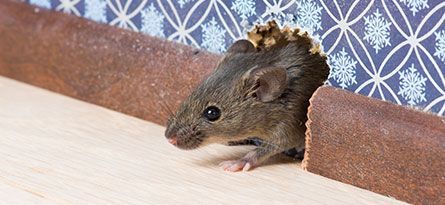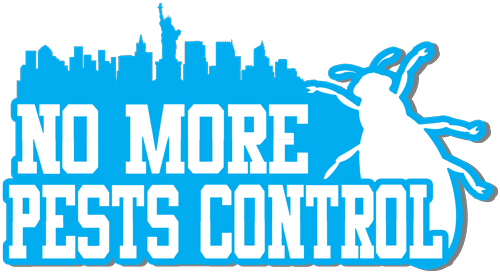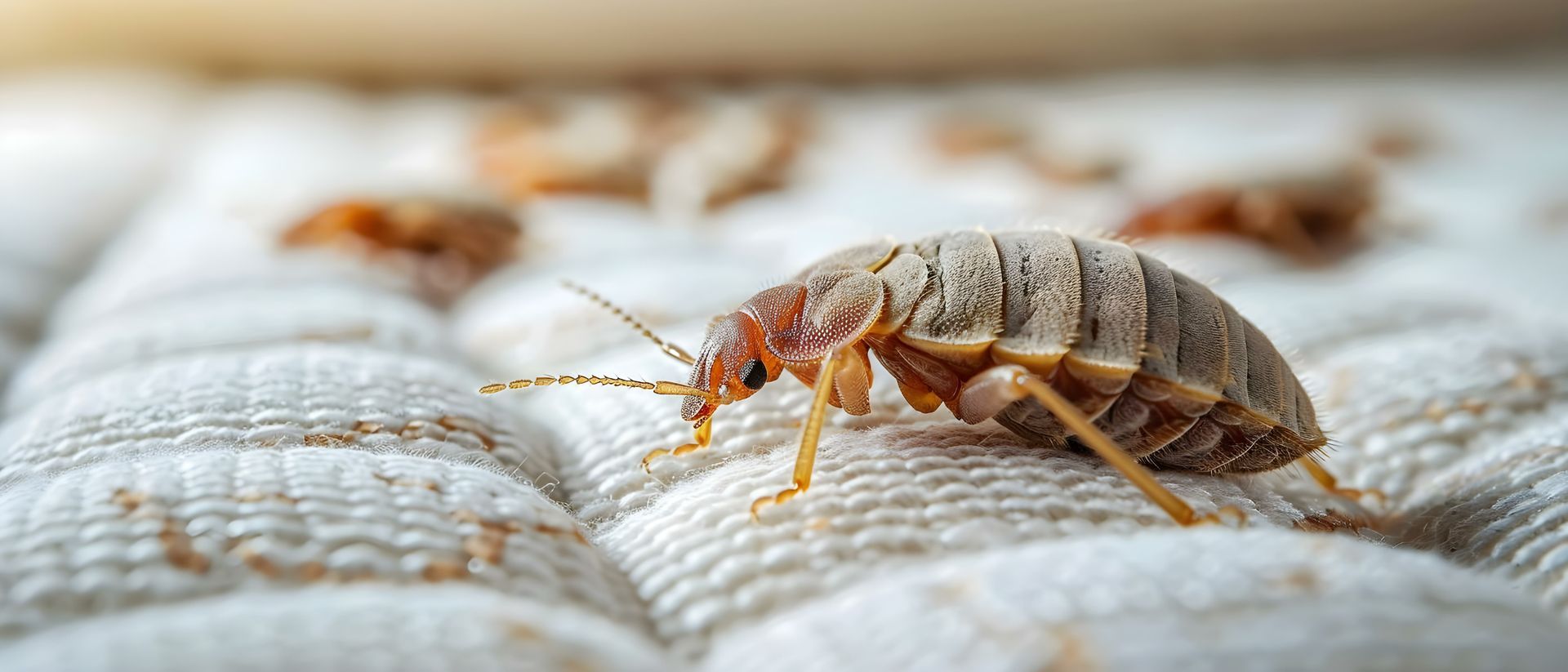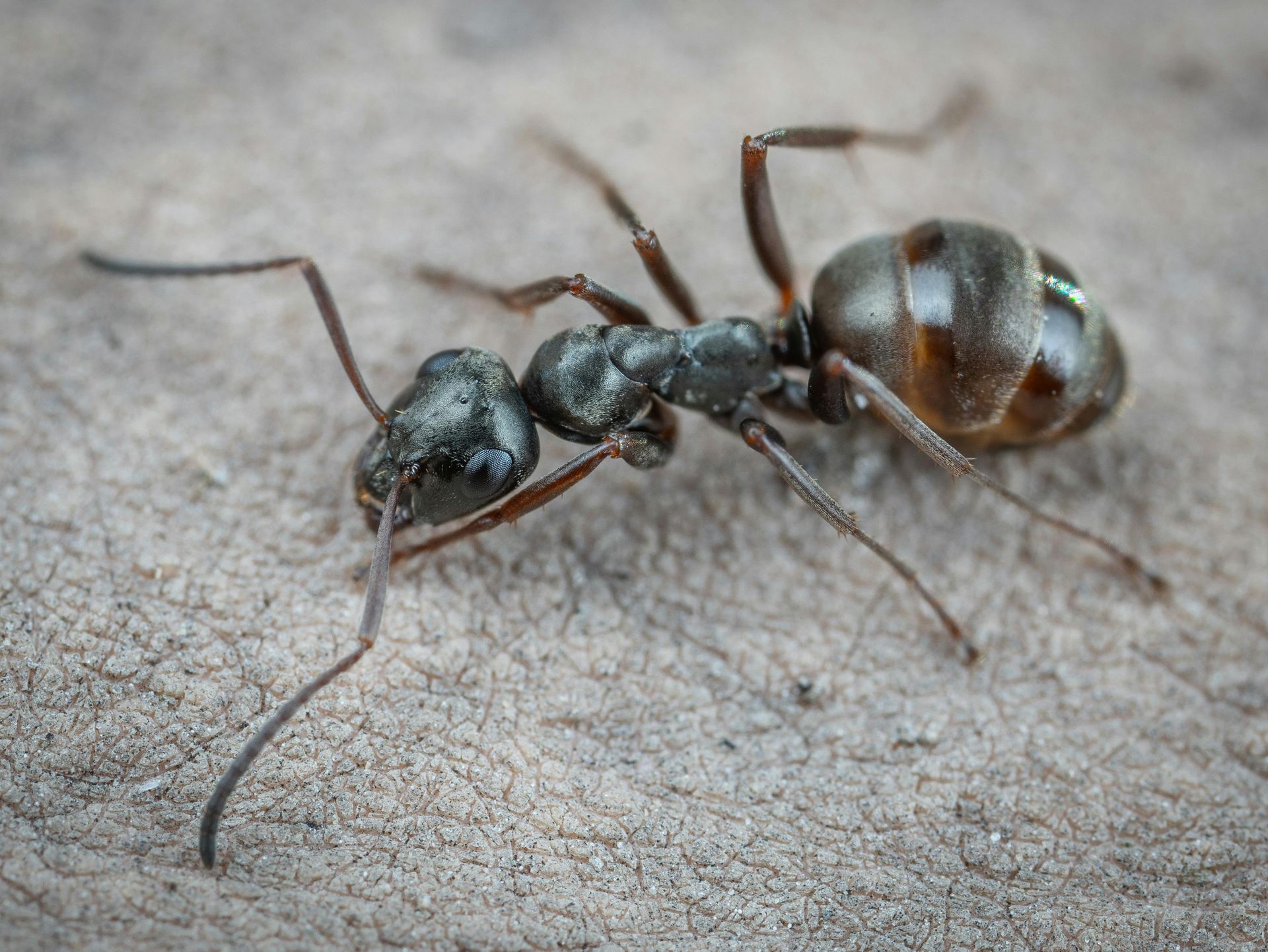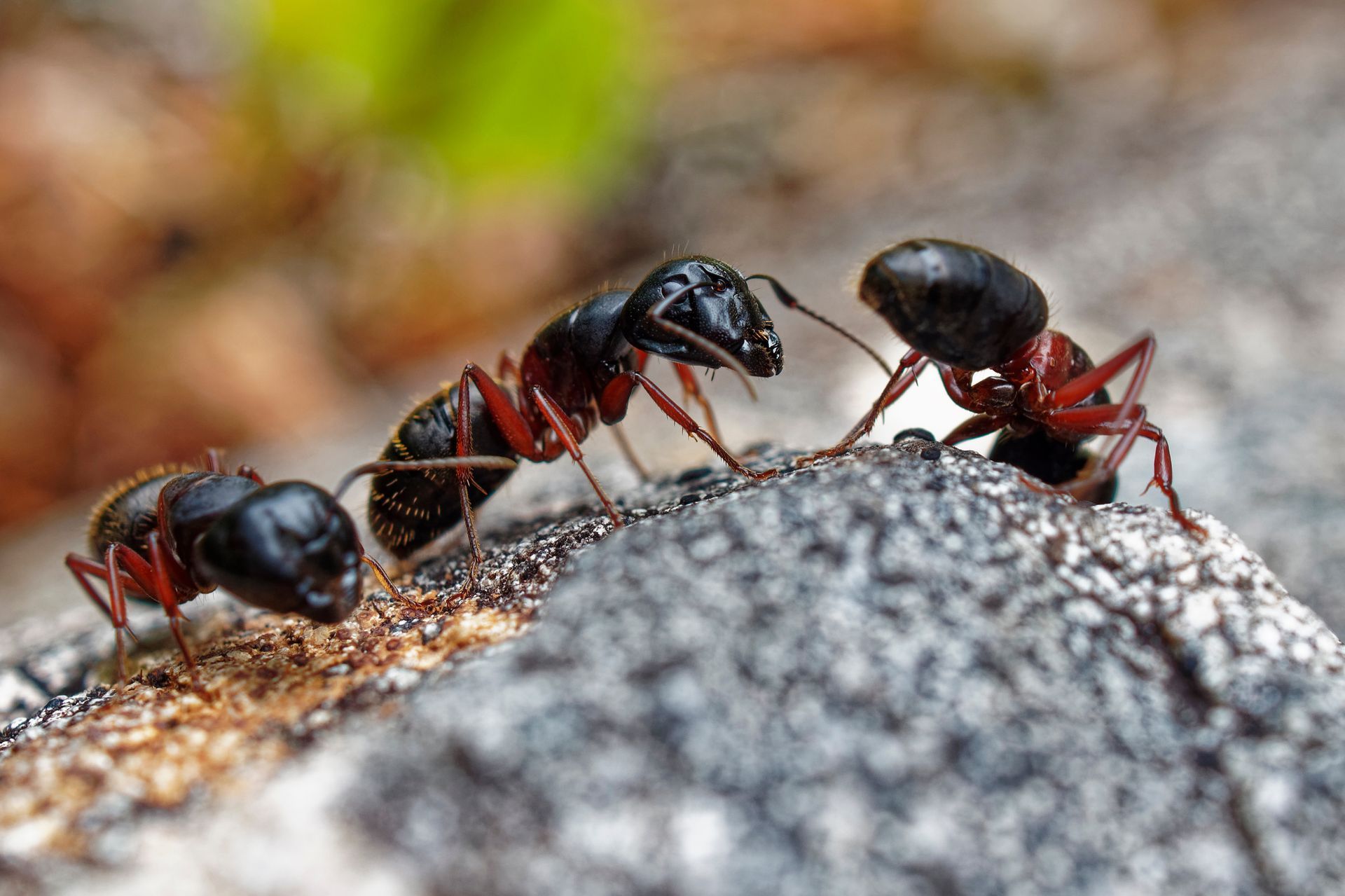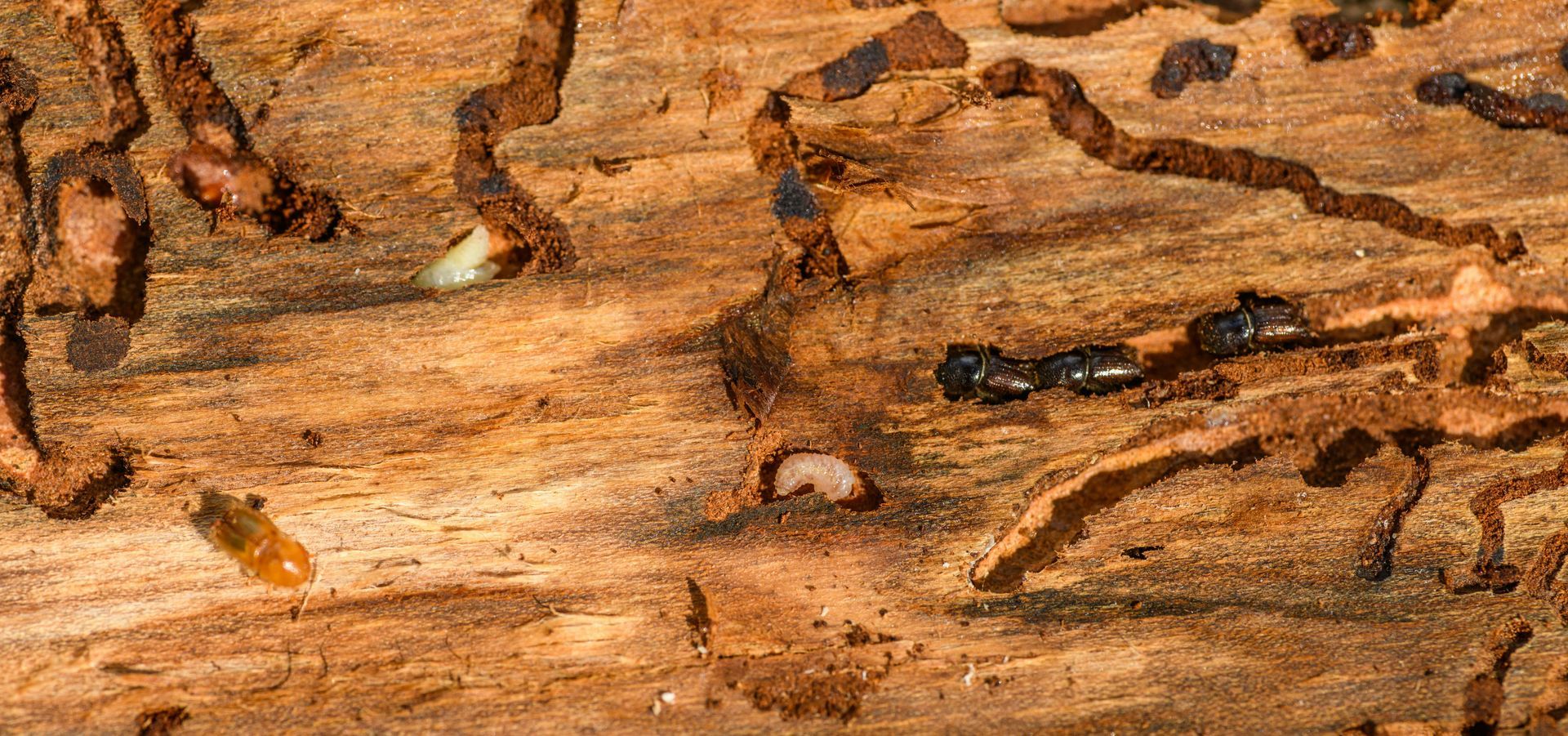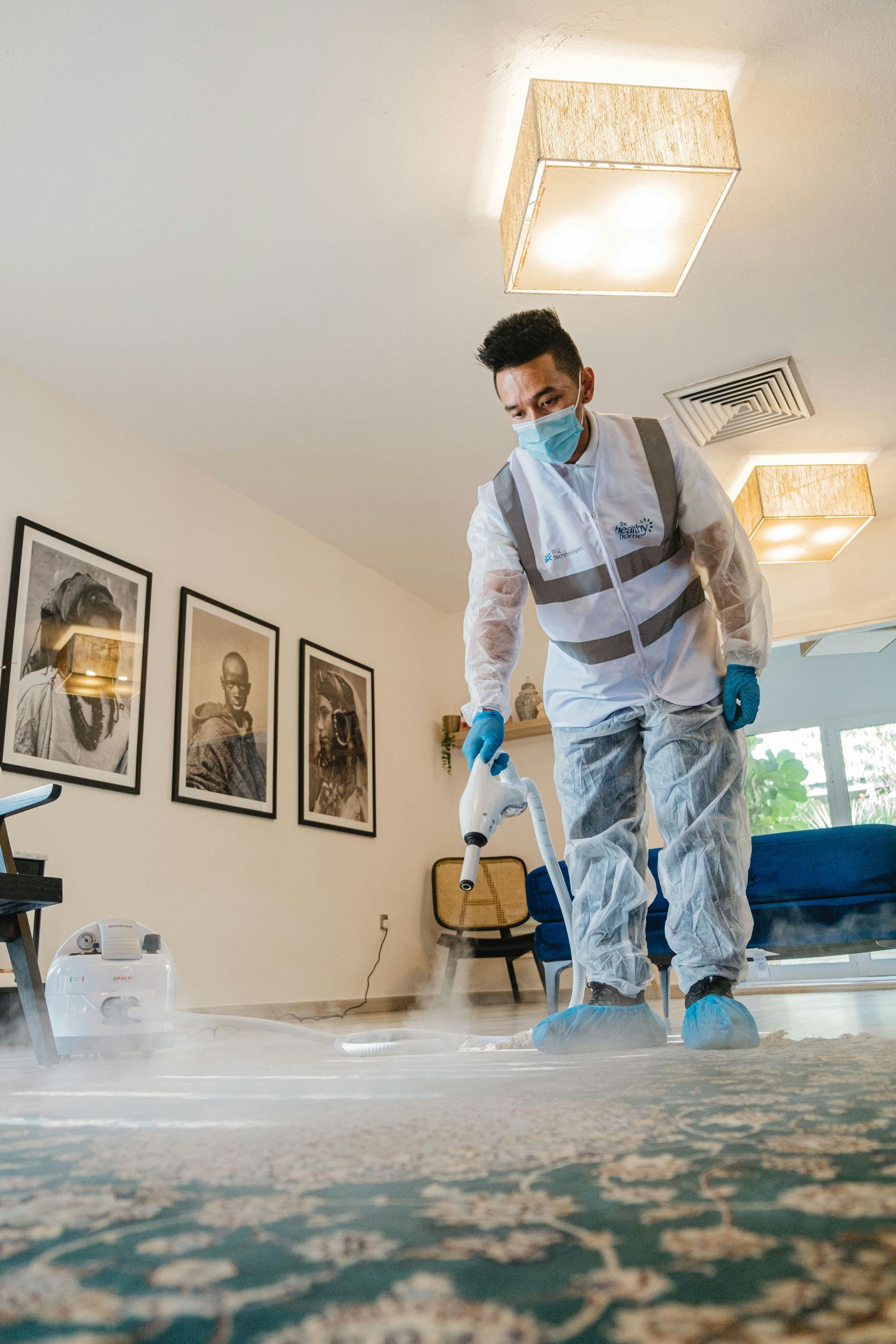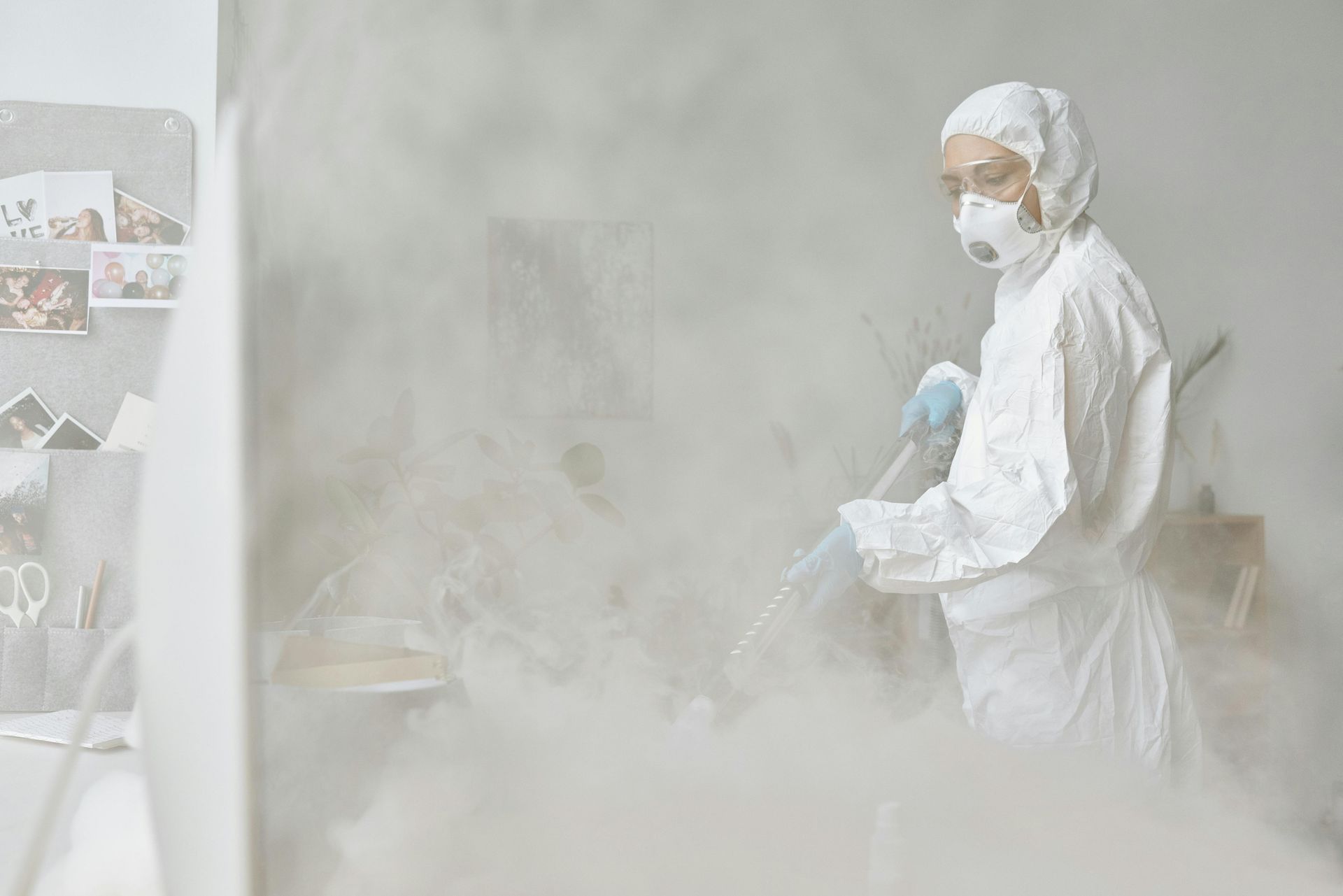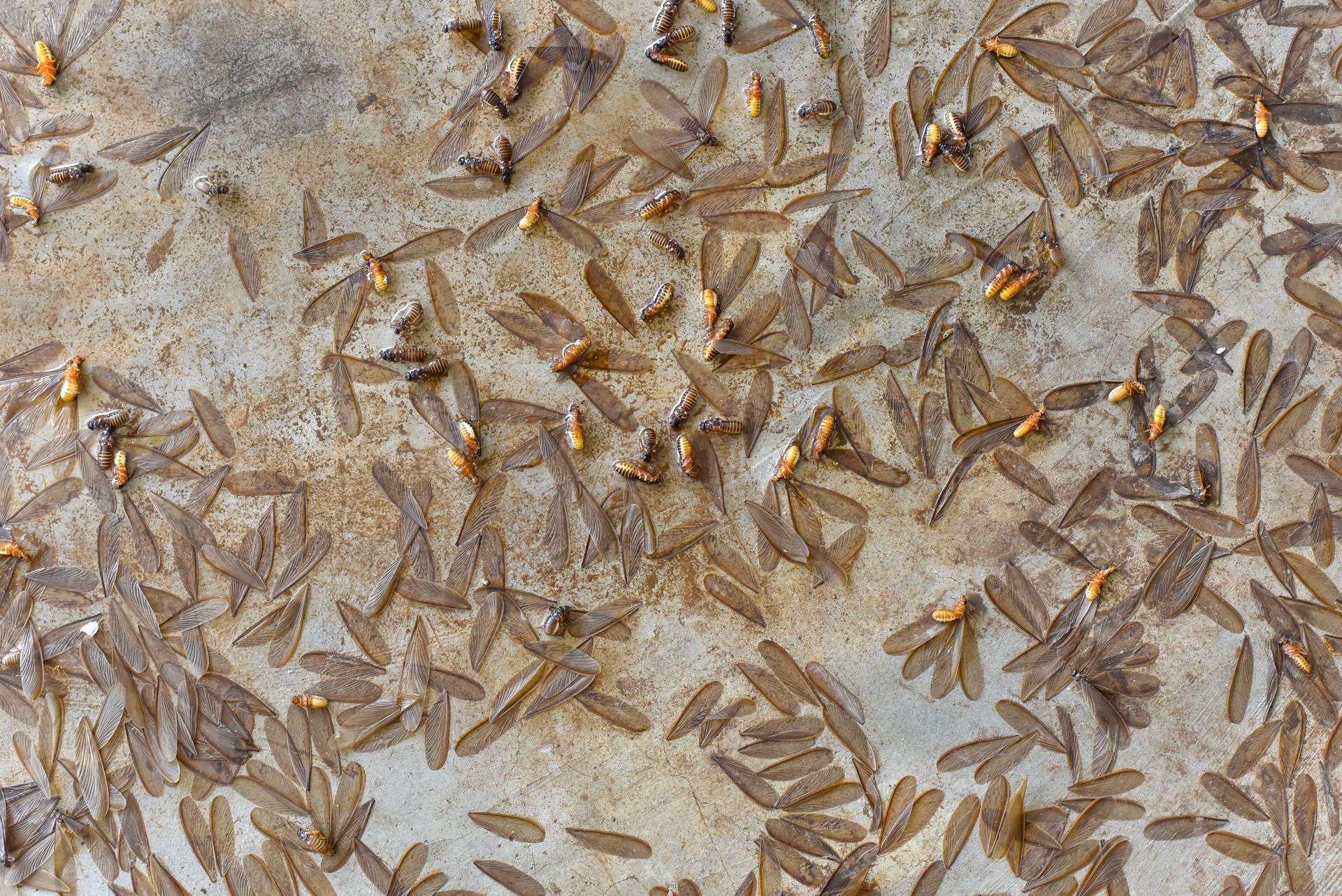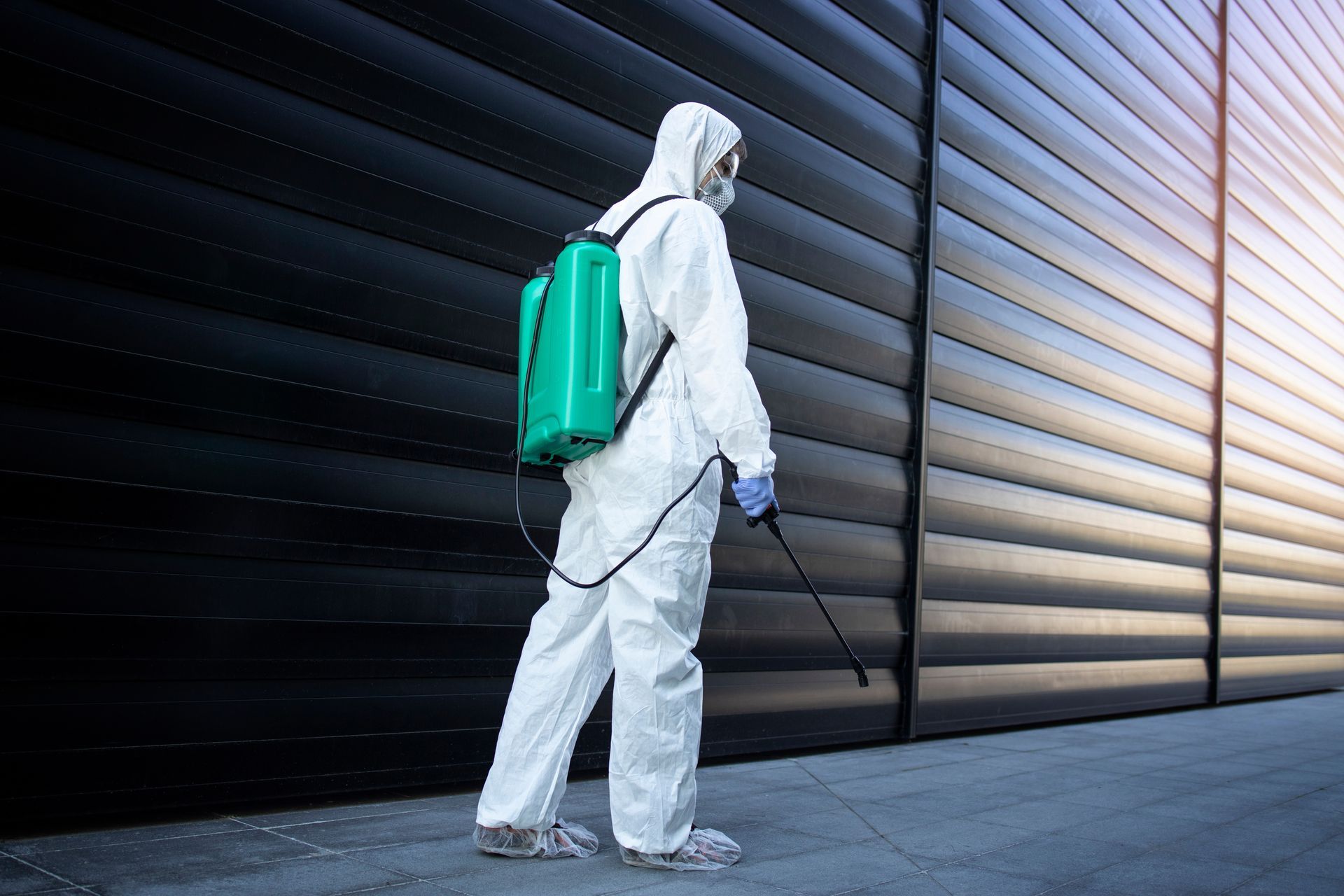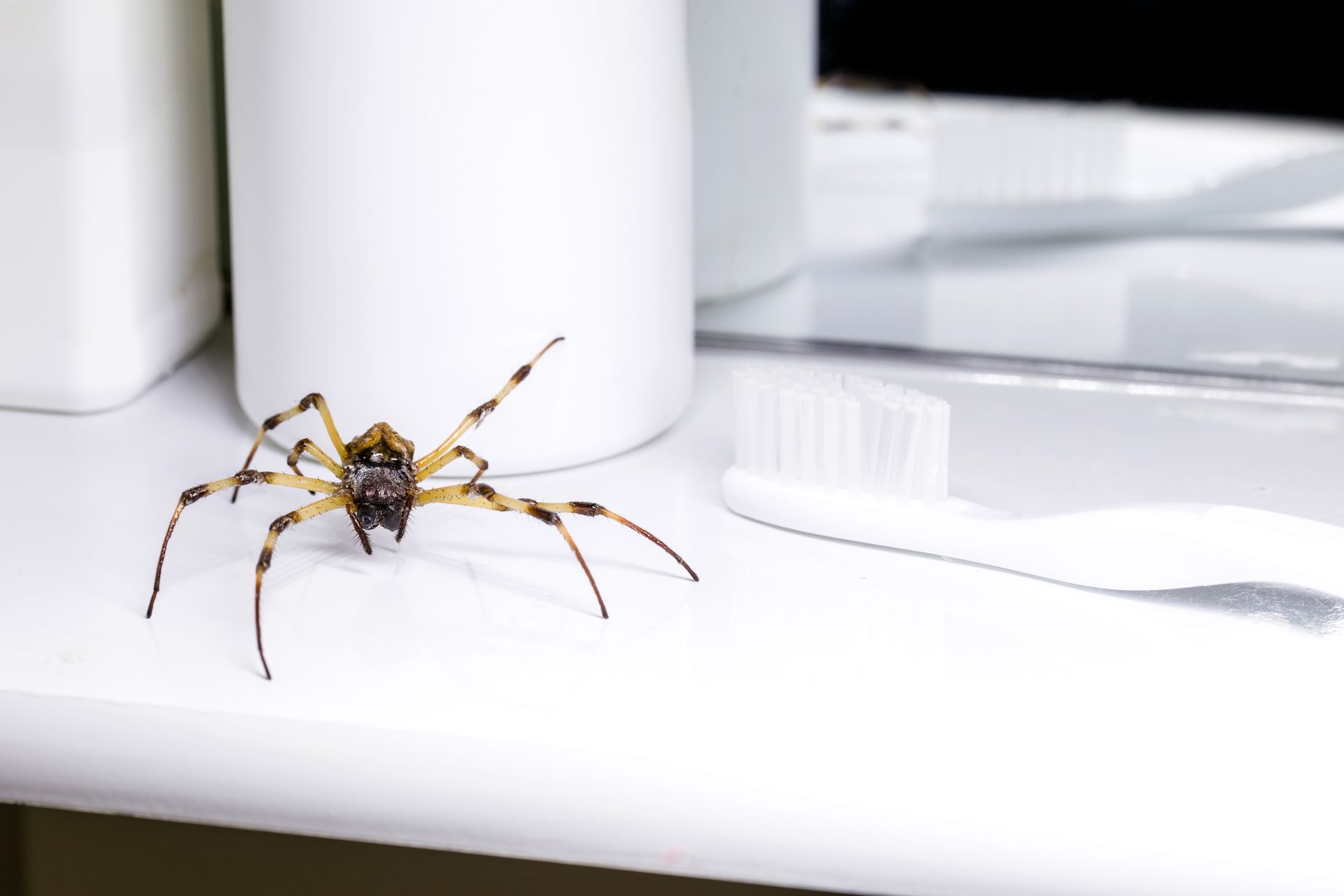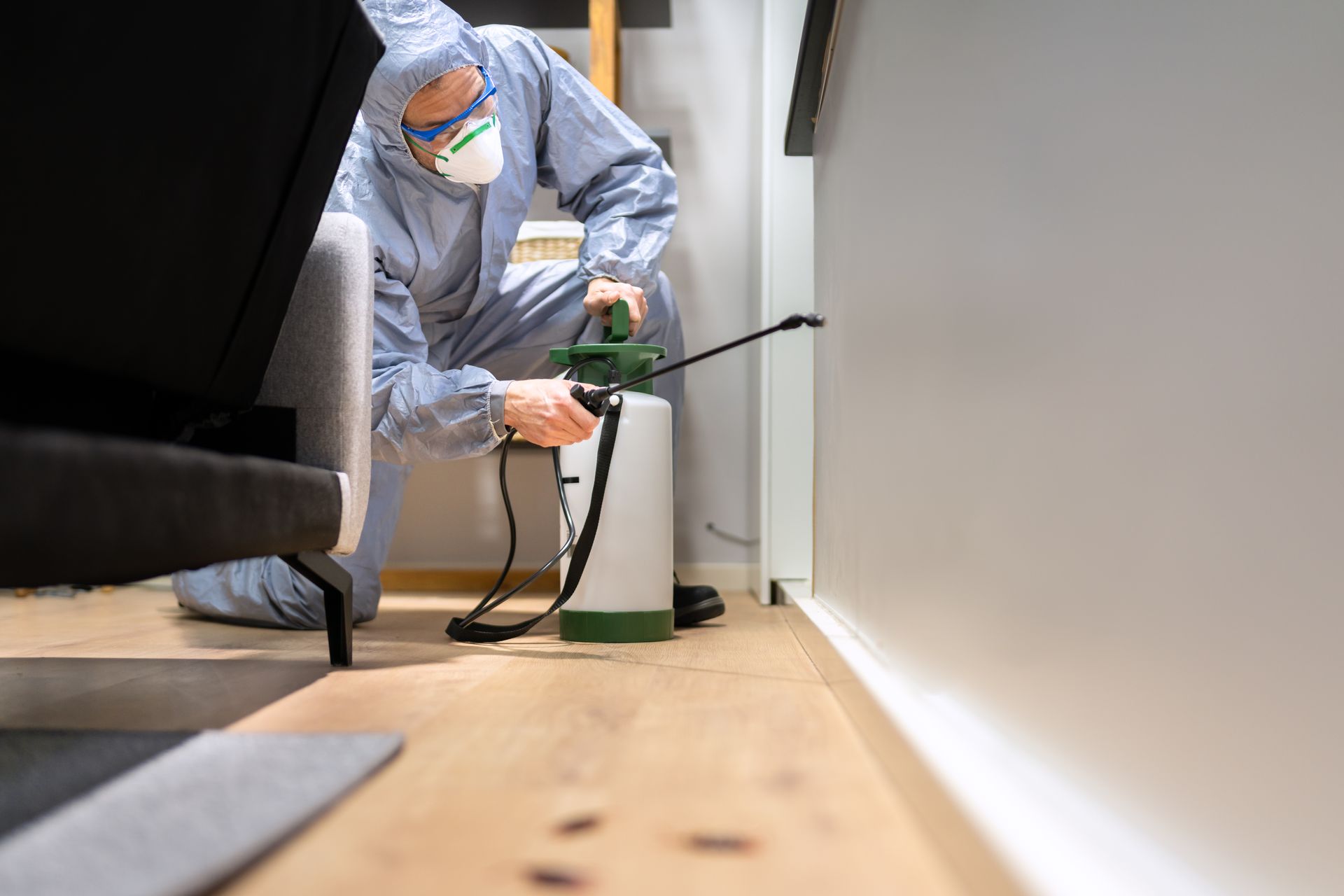Preparing Your Home for a Bed Bug Dog Inspection
Bed bugs can be a nightmare for any homeowner. These tiny pests are elusive and difficult to detect, making professional inspections crucial. One of the most effective methods for detecting bed bugs is using specially trained bed bug detection dogs. These dogs can sniff out bed bugs with remarkable accuracy, but to ensure the best results, it's essential to prepare your home properly. In this guide, we'll walk you through the steps to get your home ready for a bed bug dog inspection by No More Pests Control, LLC.
Why Choose a Bed Bug Dog Inspection?
Bed bug detection dogs are highly trained to identify the scent of live bed bugs and viable eggs. Their keen sense of smell allows them to locate infestations that might be missed by visual inspections alone. These dogs can detect even the smallest infestations with high precision, making them an invaluable tool in the fight against bed bugs. Inspections are typically faster than human inspections, as the dogs can cover large areas quickly and efficiently. This means less disruption to your daily life and a quicker resolution to your bed bug problem. Additionally, bed bug dog inspections are non-invasive, allowing the dogs to inspect areas without the need for extensive furniture movement or disruption. This minimizes the stress on you and your household while ensuring a thorough inspection.
Steps to Prepare for a Bed Bug Dog Inspection
1. Clean and Declutter Your Home
Before the inspection, it is essential to ensure your home is clean and free of clutter. This helps the dog navigate your home easily and focus on detecting bed bugs. Start by vacuuming thoroughly, paying special attention to areas where bed bugs are commonly found, such as mattresses, box springs, bed frames, baseboards, and upholstered furniture. Use the crevice tool to get into cracks and corners where bed bugs might hide. Additionally, clear away any items on the floor, under beds, and in closets. Clutter can obstruct the dog and hide bed bugs, making the inspection less effective. Removing unnecessary items and organizing your belongings will not only help the dog but also make it easier to identify and address any infestations.
2. Remove Strong Odors
Bed bug detection dogs rely on their sense of smell to locate infestations, and strong odors can interfere with their ability to detect bed bugs accurately. To prepare for the inspection, avoid using any strong cleaning agents or air fresheners in the days leading up to the inspection. These products can leave lingering scents that may distract the dog. Additionally, temporarily remove candles, potpourri, and other scented items from the inspection area. This ensures that the dog can focus solely on detecting the scent of bed bugs without any olfactory distractions. A neutral-smelling environment will help the dog perform its job effectively and increase the accuracy of the inspection.
3. Prepare the Inspection Area
Focus on the areas most likely to be inspected, such as bedrooms and living spaces. Bed bugs often hide in these areas, making them the primary targets for inspection. Start by stripping the beds of all linens, including sheets, pillowcases, and bed skirts. This exposes potential hiding spots for bed bugs and allows the dog to inspect the mattresses and box springs thoroughly. Move furniture away from walls and ensure all areas are accessible for the inspection. This includes nightstands, dressers, and other pieces of furniture that might be close to the bed. By creating an open and accessible environment, you enable the dog to inspect every nook and cranny, increasing the likelihood of detecting any hidden bed bugs.
4. Inform the Inspector of Any Pest Treatments
If your home has recently been treated for pests, it is important to inform the inspector. Residual chemicals from pest treatments might affect the dog’s ability to detect bed bugs accurately. Provide a history of any pest control treatments to the inspector, including the type of treatment used and the date of application. This information helps the inspector understand any potential factors that might influence the dog’s performance. Additionally, if you have used any over-the-counter bed bug sprays or treatments, be sure to mention this as well. Transparency about previous treatments ensures that the inspection results are accurate and reliable.
5. Minimize Distractions
Dogs need a calm environment to perform their job effectively, so it is crucial to minimize distractions during the inspection. Keep noise levels low by turning off televisions, radios, and other sources of noise. This helps the dog concentrate on detecting bed bugs without being distracted by loud sounds. Ensure that other pets are secured in a separate area to avoid interactions with the detection dog. Other animals can cause distractions and potentially disrupt the inspection process. By creating a quiet and controlled environment, you help the dog focus on its task, leading to a more accurate and efficient inspection.
What to Expect During the Inspection
During the inspection, the handler will guide the dog through your home, allowing it to sniff out any areas where bed bugs might be hiding. The dog will alert the handler to any areas where bed bugs are detected by signaling with a specific behavior, such as sitting or pawing at the spot. The handler will mark these areas for further investigation or treatment. The handler and dog team work closely together to ensure a thorough inspection, covering all areas where bed bugs might be present. The time required for the inspection varies depending on the size of your home and the severity of the infestation. However, inspections are typically faster than human inspections, allowing for a quick and efficient assessment of your home.
Post-Inspection Steps
After the inspection, the handler will discuss the findings with you in detail. If bed bugs are detected, they will recommend appropriate treatment options based on the severity of the infestation and the specific areas where bed bugs were found. You will receive a detailed report of the inspection findings, including the locations of any detected bed bugs and recommendations for treatment. Discuss potential treatment plans with No More Pests Control, LLC to address any detected infestations. Professional treatment options may include chemical treatments, heat treatments, or a combination of methods to ensure the complete eradication of bed bugs. Following the recommended treatment plan will help you eliminate bed bugs and prevent future infestations.
Say Goodbye to Bed Bugs with Confidence in Queens, Brooklyn, and Howard Beach
Preparing your home for a bed bug dog inspection is essential for ensuring accurate and effective results. By following these steps, you can help the inspection team perform their job efficiently and increase the chances of detecting any bed bug infestations. Remember to clean and declutter your home, remove strong odors, prepare the inspection area, inform the inspector of any pest treatments, and minimize distractions. If you suspect a bed bug problem, don't hesitate to contact
No More Pests Control, LLC at
(347) 901-8143 for professional assistance. Their expertise and trained detection dogs can help you identify and address bed bug infestations, giving you peace of mind and a bed bug-free home. In addition to
bed bug control, they also offer
residential pest control,
commercial pest control,
green pest control, and
general pest control services to meet all your pest management needs.
FAQs
Why is it important to declutter before a bed bug dog inspection?
Decluttering helps the dog navigate your home more easily and ensures they can access all potential hiding spots for bed bugs. Removing unnecessary items and organizing your belongings increases the likelihood of detecting any hidden infestations.
Can I be present during the inspection?
Yes, you can be present, but it’s important to minimize distractions and keep noise levels low to help the dog focus. Being present allows you to ask questions and receive immediate feedback from the handler.
How accurate are bed bug detection dogs?
Bed bug detection dogs are highly accurate and can detect even small infestations that might be missed by visual inspections. Their keen sense of smell allows them to identify live bed bugs and viable eggs with high precision.
What should I do if the dog detects bed bugs?
If bed bugs are detected, the handler will mark the areas, and you will receive a report with recommended treatment options. Discuss these options with No More Pests Control, LLC to determine the best course of action for eliminating the infestation.
How often should I have my home inspected for bed bugs?
It’s a good idea to have regular inspections, especially if you live in an area prone to bed bug infestations or have had previous issues with bed bugs. Regular inspections help detect infestations early, making treatment more manageable and effective.
